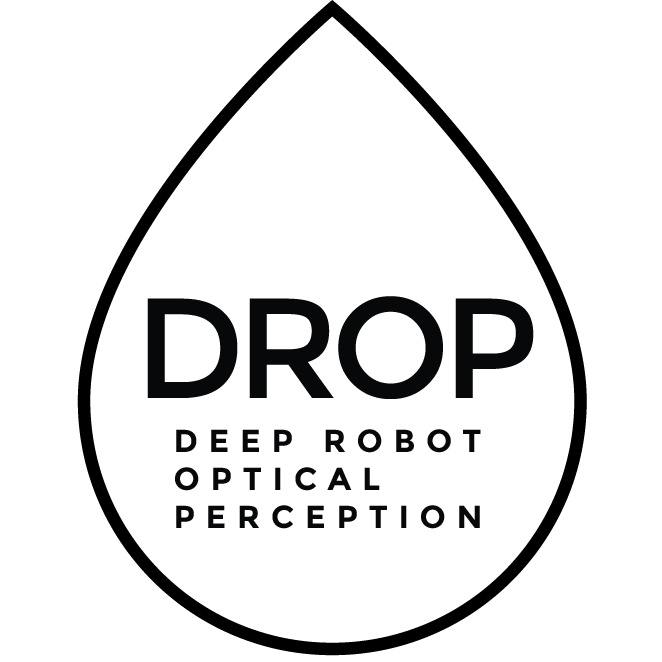Engineering 100
Underwater Vehicle Design ENGR 100 - Fall 2014
Students design, build, and test their fast and maneuverable own remotely operated vehicle (ROV), sometimes called a submersible, for underwater exploration. This is a “free design” project with minimal constraints on size, shape, and function. Student teams are provided with raw building materials, 4 thrusters, a blank control box, toggle switches and buttons, and a payload consisting of a battery, a video camera (to steer by), and a tether to connect the control box to the ROV.
EECS 442
Computer Vision EECS 442 - Fall 2013, Fall 2014
The course is an introduction to 2D and 3D computer vision. Topics include: cameras models, the geometry of multiple views; shape reconstruction methods from visual cues: stereo, shading, shadows, contours; low-level image processing methodologies such as edge detection, feature detection; mid-level vision techniques (segmentation and clustering); Basic high-level vision problems: face detection, object and scene recognition, object categorization, and human tracking.
ME 599, NA 565, ROB 535
Introduction to Self Driving Cars - 535 - Fall 2017 and 2018
Self-driving cars could be a transformative technology for society. They offer the promise of changing mobility and providing greater safety and access for many people around the world. The skills to engineer such systems are in high demand and this course will cover the underlying technologies in perception and control that enable such systems to drive. Topics will include deep learning, computer vision, sensor fusion, localization, trajectory optimization, obstacle avoidance, and vehicle dynamics.
NAVARCH 599
Autonomous Underwater Vehicles - 599 - Winter 2018
The course aims to give an overview of different AUV components and covers topics such as mathematical modeling, control, planning, localization, mechanical design and hardware components for AUVs. The course represents an introduction in underwater robotics, although most of the concepts presented are valid for any kind of robotic system. No previous knowledge in robotics is required to take this course, but familiarity with linear algebra, differential equation and programing skills in either MATLAB, Python or C++ are desirable
